As I write this we are in what feels like week 3000 of home schooling, home learning, crisis schooling or whatever else you want to call it… To say that motivation is beginning to dip is a huge understatement… If you are feeling the same or if you just fancy trying out something different and doing some science at home then I totally recommend doing a science week for kids.
This post was written in collaboration with Learning Resources UK. They gifted us A Geo Safari Vega 360 Telescope, A Mighty Magnifier, A My First Microscope, A Bug Viewer and a set of Discovery Acorns.
Table of Contents
What is Science Week for Kids and why do it?
I got this idea from my children’s school where they decided a couple of years ago to consolidate all science learning to set weeks of the year so that instead of having short sessions each week they could really cover a science topic in depth.
After flagging motivation for home learning from the kids and me if I am honest it seemed like we needed a change of pace so a science week for kids seemed like a perfect way of doing something fun and different, but still learning. Even when doing a science week for kids you can still get in some maths and English learning you just hang it onto your science subject and break it up or make it part of your science at home activity and job done. Even my most reluctant reader and writer can be persuaded when it is about a subject he enjoys like science.
Now don’t panic this doesn’t have to be a huge undertaking. Doing science at home definitely feels exciting for the kids and it isn’t hard to do with a little preparation and some ideas for activities. In this post I will share science week for kids themes and specific activities that you can try to bring science at home to life and hopefully reignite the motivation for learning at home.
Science week for kids themes:
Within each theme I have included suggestions of sub topics that you could explore during science at home and specific experiments or activities that we have tried and the kids have really enjoyed doing. Unless otherwise stated these activities have been tried by my 5 year old twins, 7 year old and 9 year old and have worked for all of them. I have always been very involved with our science at home activities so that the littler ones can join in and to help with anything trickier. I have found that even just by changing the way I talk about things depending on the age of the child for example with my eldest I would talk about invertebrates, but for the little ones these are always known as mini-beasts.
Space and the solar system
Topic Ideas
The Moon, The Planets
Activity Ideas
- Stay up late and take a look at the moon – we were so lucky to be sent a Geo Safari Vega 360 Telescope by Learning Resources UK as it meant we could get a proper view of the moon and really see the detail.
This telescope is aimed at aged 8 and above, but our 7 year old was able to use it. It is so cool as you can see the craters in the moon. I was truly amazed by how good this is and the boys were entirely fascinated by being able to see another plant in such detail. Doing this activity really did pique their interest in space and encouraged them to find out more about the moon and our solar system…
Invertebrates (mini beasts for younger kids)
Topic Ideas
What are invertebrates? Where can we find them? Why do we need them?
Activity Ideas
- Go on a minibeast hunt – we went out armed with our bug viewer and our Mighty Magnifier to see what invertebrates we could find. This bit of kit is great for kids to use as it is sturdy so can take the impact of kids, but also offers 4 x magnification and since it is hands free is perfect for a bug hunt.
 The boys found it really useful for looking at little invertebrates like bees especially as it meant they didn’t have to get so close to them.
The boys found it really useful for looking at little invertebrates like bees especially as it meant they didn’t have to get so close to them. - Before we went we talked about what they were and which ones we might see as well as all the places we might look. My older children led the hunt and were tasked with identifying possible habitats and carefully picking up some of the creepy crawlies so they could study them in the bug collector for them and their sisters to have a closer look at.

- For younger children you might want to make a spot it list so they know what types of animals they are looking for and can check them off the list.
- Prepare an invertebrate infographic – this is really one for the older children as they need to use a laptop. We used canva for this and they chose to look at just the invertebrates they had seen on our bug hunt.
Plants
Topic Ideas
How do plants grow?, The Life-cycle of Plants, Carnivore Plants, Plants in different ecosystems, Grouping plants, Plants through the seasons
The topic of plants really lends itself to science at home as even if you only have a tiny window box or a pot in the corner of the kitchen we can all grow a plant or two and actually see what happens. There are also lots of opportunities to get out and about and for art activities which kids always seem to love
Activities Ideas
- Planting cress – All you need is a small pot, some soil and cress seeds. You can expect to see shoots within just a few days so this is a perfect first plant growing experience for little kids. We combined this with planting flowers, strawberry plants and potatoes which take longer to grow, but more time to plant up so we had a whole morning talking through what happens with plants, how they grow and what they need to grow.
- Draw the plant life cycle – We did this as an individual activity so the younger kids drew much simpler versions that the older kids. In fact the younger kids just did a picture of what plants need to grow; sun water and soil
- Up close with leaves – We took a nature walk and collected some leaves that had fallen from trees. We then took these home and looked at them using our Geo Safari Junior My First Microscope (GIFTED) to see how if we could work out how leaves got their ‘food’ to grow. This microscope is excellent for young children as it is easy for little hands to operate and has dual eyepieces to make it easier for them to see. Each child drew one of the leaves that they had collected and then looked at the specimen through the microscope. They then drew it again adding in the extra detail they saw and the channels that the leaves take their nutrients through were now clearly visible.
This sparked a whole extra conversation about how they looked like human veins and what these were used for so then the microscope was used again to see if they could see any more detail on one another’s veins in their arms. The My First Microscope has a little light on it so it was actually quite good for looking at veins…. 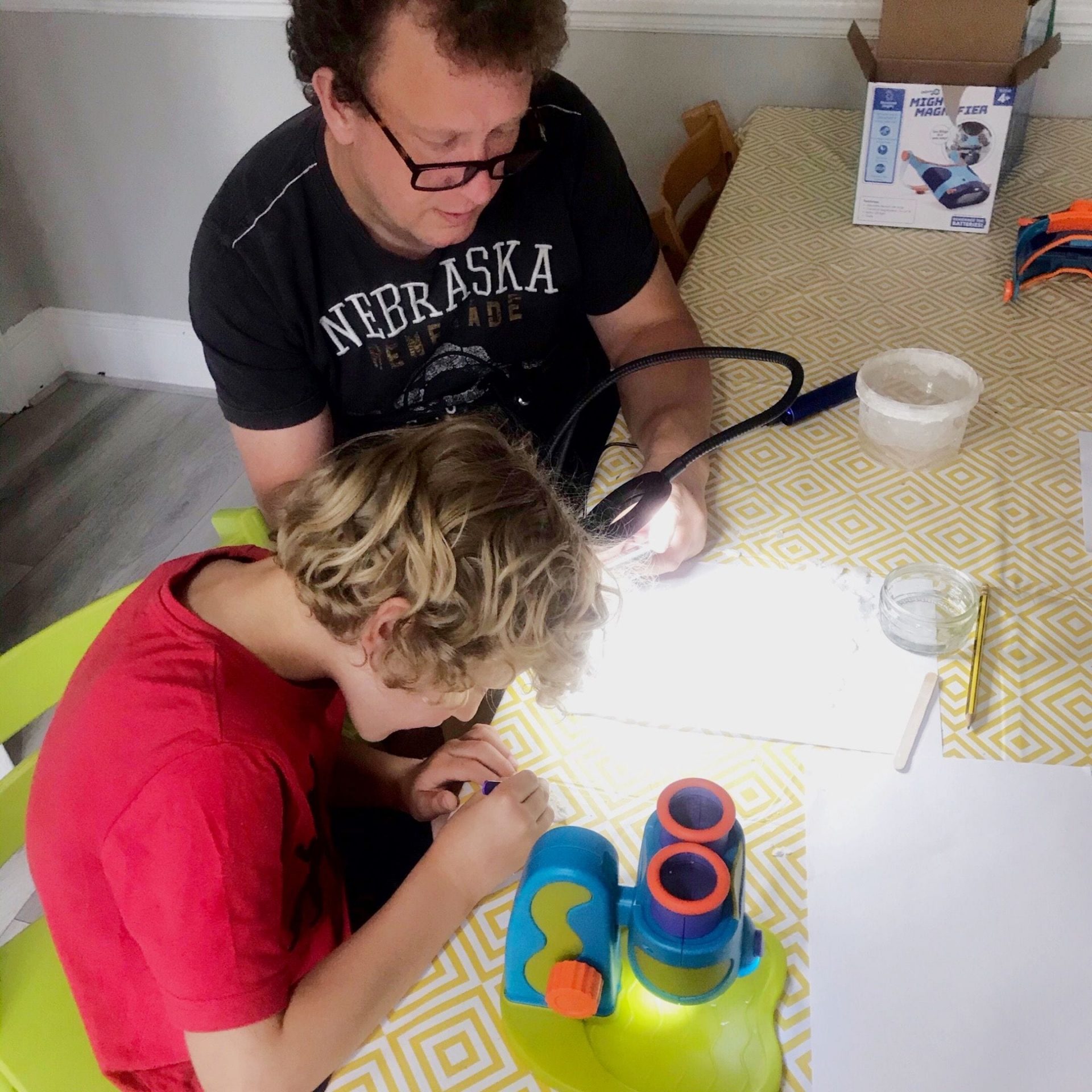
The microscope has been great for our science at home projects as the kids will focus on anything if I put in under the microscope. They have loved using it even for items of food and also for the crystals they grew. I am wondering if I put their spellings under the microscope we will see more enthusiasm there too 🙂 I can but dream right??
Measuring, Estimating and Categorising
Topic Ideas
How big are you? How can we group things in nature together? Which are the biggest/ smallest animals? How heavy is it?
These are really useful skills for kids to learn in preparation not just for future science lessons, but also for maths. Estimating and measuring is firmly on the year 2 curriculum so having a go with real life items that they want to measure is a perfect way to engage little ones with science at home or at least with techniques.
Activity Ideas
I don’t know about your kids, but all of mine love a chance to measure stuff… So we got out rulers, weighing scales and tape measures and got measuring and comparing.
- I really love the Learning Resources Weighing Buckets (not gifted I bought these) as they have deep measuring buckets and have volume measurements on the side too so that the kids can measure liquids as well as seeing which objects are equal in weight or heavier. We compared different items such as an apple and an orange, a rubber compared to a pencil sharpener and anything else they could think of. This helped the children group their items together.
Water
Topic Ideas
Why is water so important? What do we need water for? Changes of state
Activity Ideas
- A great way to show kids how evaporation works is using a patio and some chalk. Either wait for it to rain or just pour some water on the patio. Draw a chalk line around the puddle and then wait…. The puddle will begin to evaporate and the kids can see how it has shrunk which helps them to understand the concept of evaporation
- Freeze some small toys or flowers in ice and ask the kids how they can get them out? They can chip away using spoons or see what happens if they hold the ice or leave it in the sun. The object of the exercise is to show them how water changes state as it warms up. My kids were occupied for ages trying to get the toys out of the ice blocks. It is a great one for a hot day too!
- To demonstrate liquids turning to gases we used water boiling in a pot as the children could then both see the steam and the fact that the water level decreased within the pot.
Transformation in Nature
Topic Ideas
Changing of the seasons, Life cycle of a Butterfly, Photosynthesis are just a few examples of how nature is constantly transforming itself.
Activity Ideas
- Create a four section painting of a tree showing all of the seasons. Use the child’s hand print for the tree and as they create each season on the picture you have the chance to talk through what is happening and why. Not only will kids love this activity and see it as art and fun and not even science at home, but you will also get a lovely picture created by your child at the end of it. We did ours on four mini canvas and then hung them on the wall. I love them.
- The Very Hungry Caterpillar makes a perfect text to work through the life cycle of a butterfly with little kids and there are loads of learning opportunities there whether it be phonics, counting the number of things he ate or just talking through what happens to the caterpillar and how he becomes the butterfly. This works best for younger children and my 5 year olds loved it. This is one of their drawings of the butterfly’s life cycle after our Hungry Caterpillar work

Educational Programmes to Support Science at Home
As much as I have loved doing science at home and the full science week for kids there are times we all need a break from attempting to be teacher to our kids!! For these times educational programmes really come into their own. There are programmes for children and even some for adults that still work for the kids. Here are some suggestions for you:
Operation Ouch – this is presented by two doctors (twins) and is aimed at children. It talks through a different body related topic each episode and I have learnt load never mind the kids 😉 Recent episodes have covered how you hear and how your nerves work. The style of presenting is a bit silly and funny so kids really engage with it and my kids beg to put it on
Get Well Soon – for younger kids I think this is a great start to learning about their bodies and what happens when they get ill
The Life of Insects – David Attenborough series all about these invertebrates. Any of his series get my vote though as very educational and informative about the natural world. If you and your children are looking at plants or animals you are sure to find a David Attenborough series that has you covered!
The Deadly 60 – all about those creatures that are either deadly to us or just within their eco system/ habitat. This is made for children and my kids love to watch it. Everything is about excitement and drama in these and so they are hugely engaging for kids.
The Disney Channel – if you have the disney channel you also get the national geographic channel and this is full of nature and science related documentaries
Thank you once again to Learning Resources UK for sending us this STEM learning equipment that supported us with doing science learning activities. The kids loved it and so did I! I am a big fan of the Learning Resources products as they have genuinely helped me to help my children to learn whilst they have had to be at home and I definitely recommend taking a look. You can see in this post already that whilst I have been gifted some items here and was also sent a Coding Critters set I have also gone on to buy their products as well including the MathLink Cubes
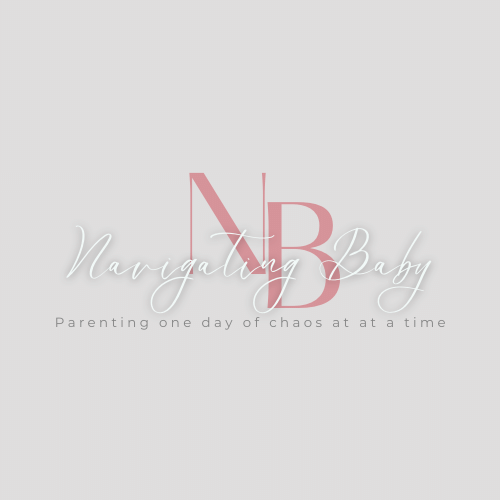

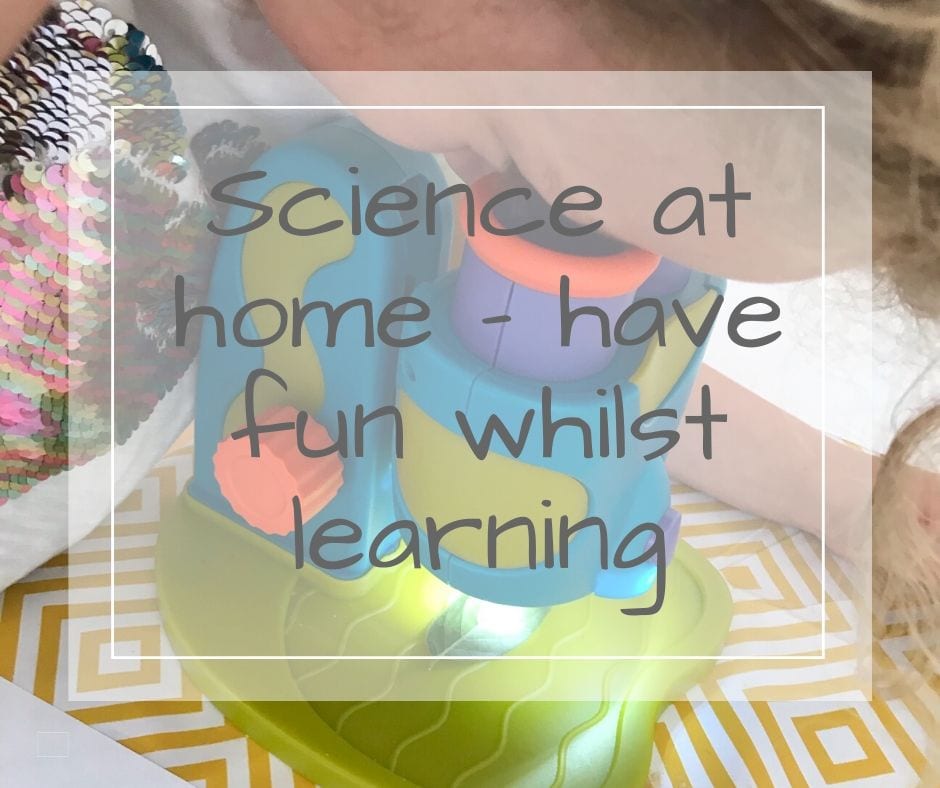
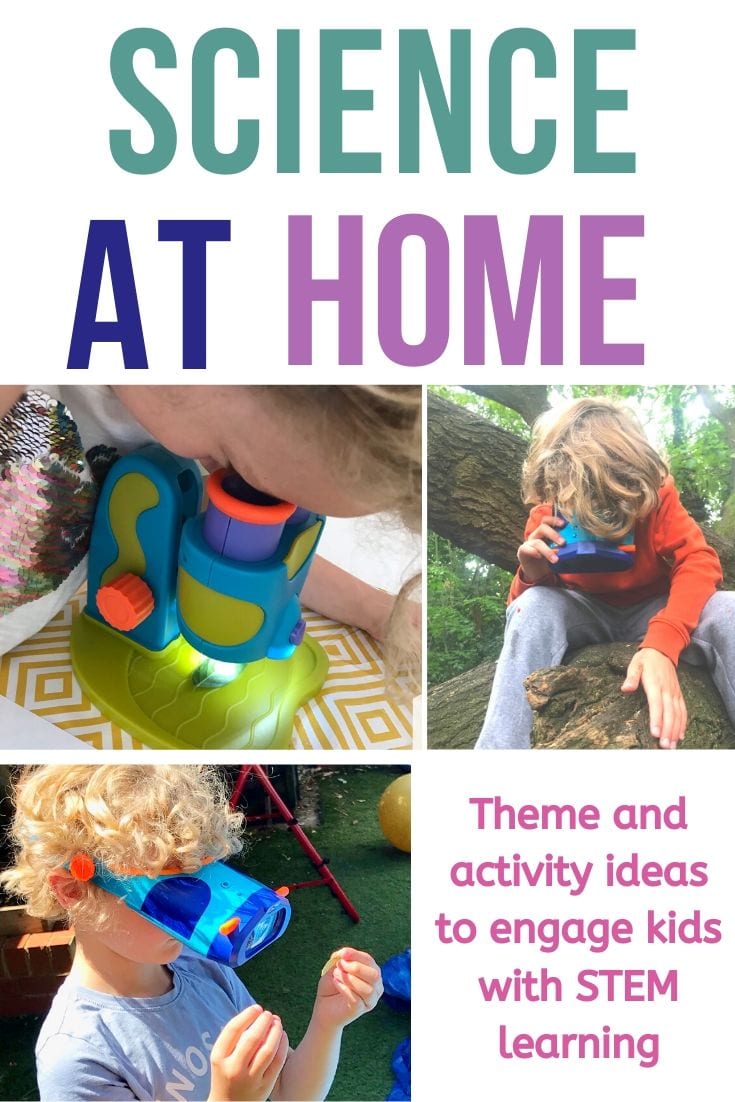
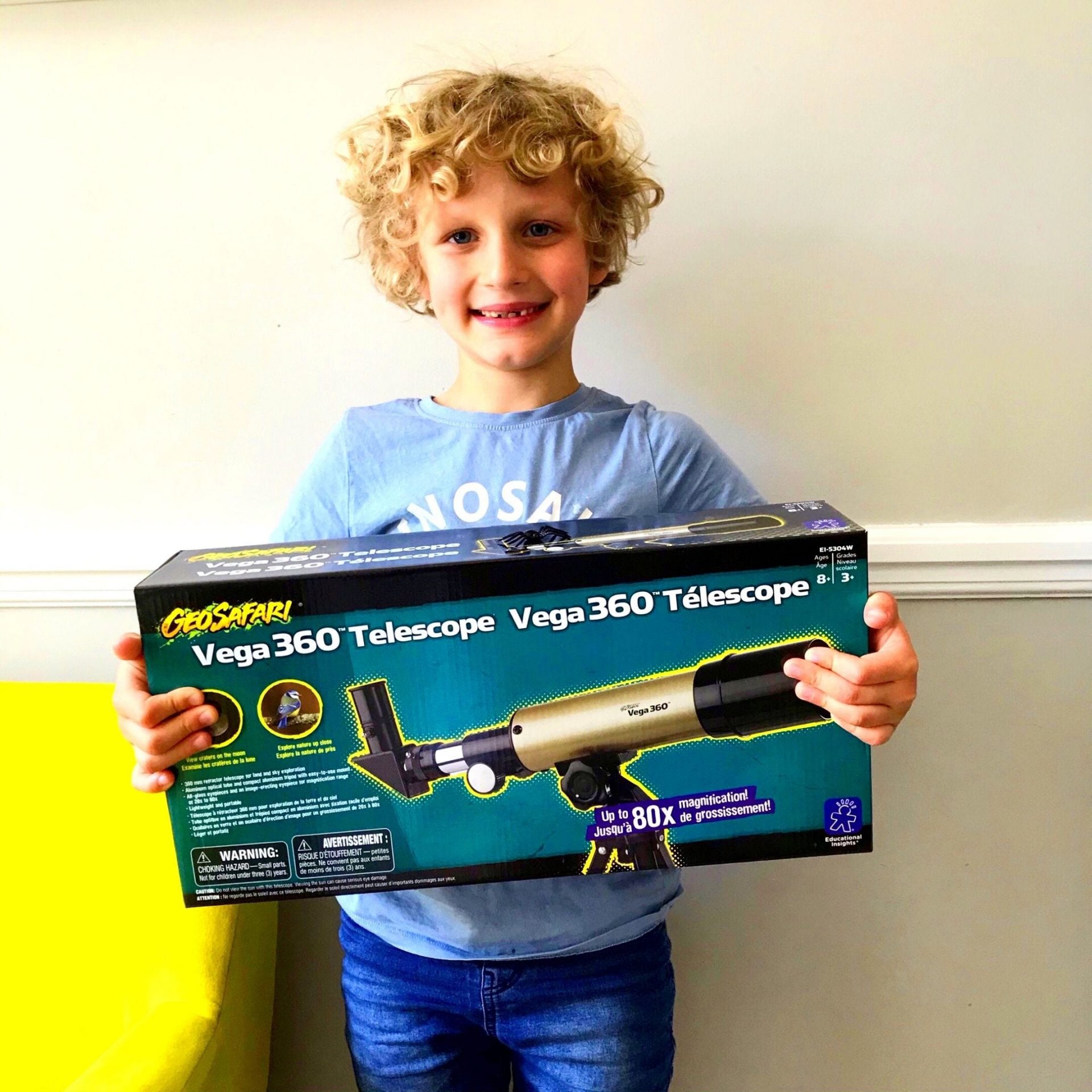
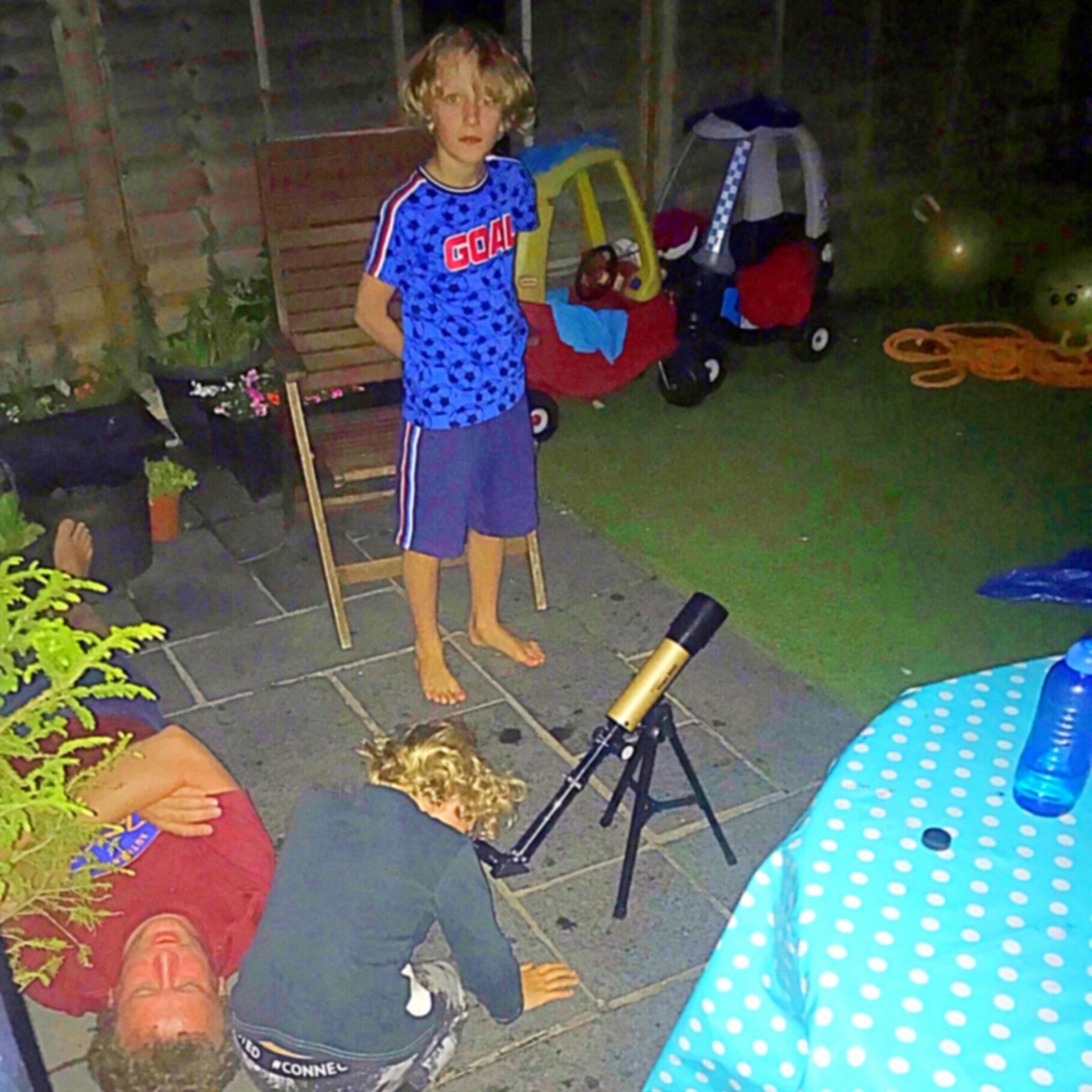

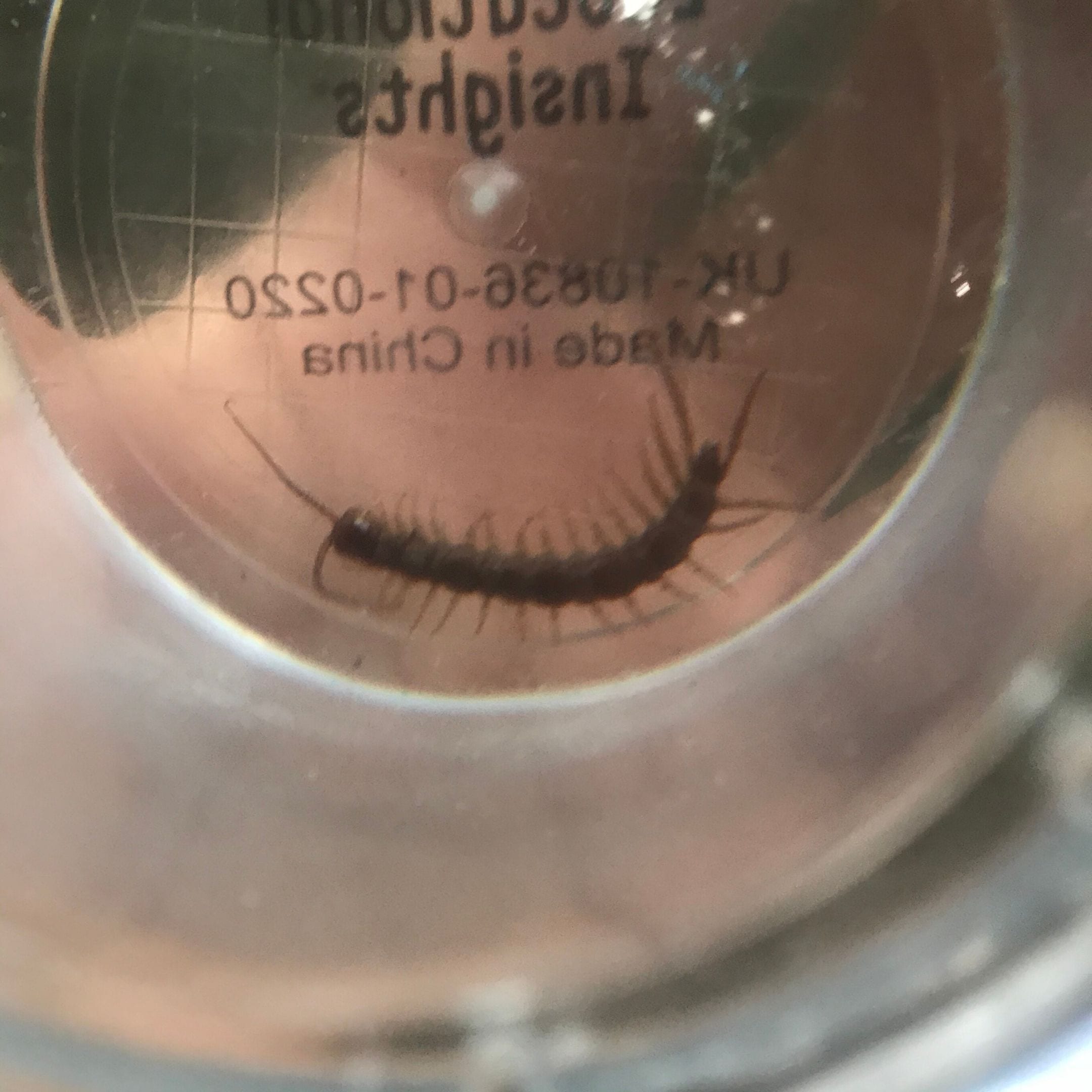
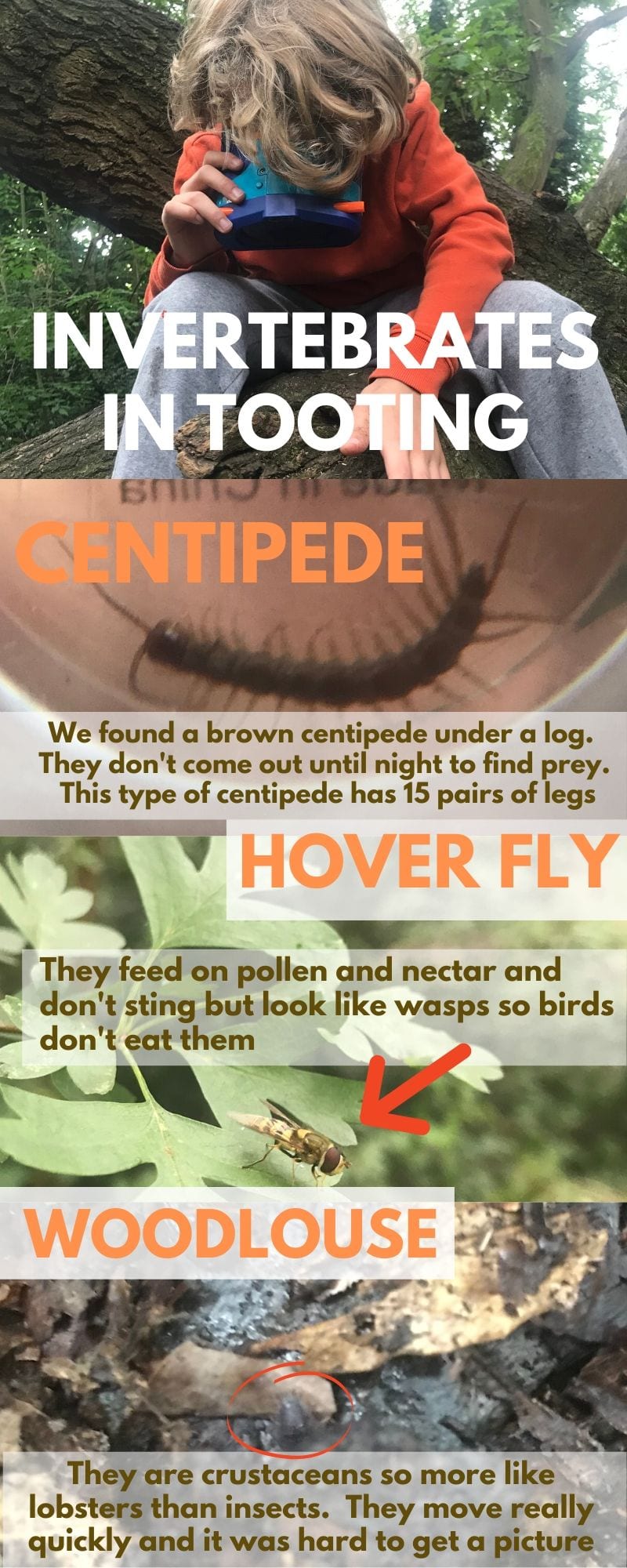
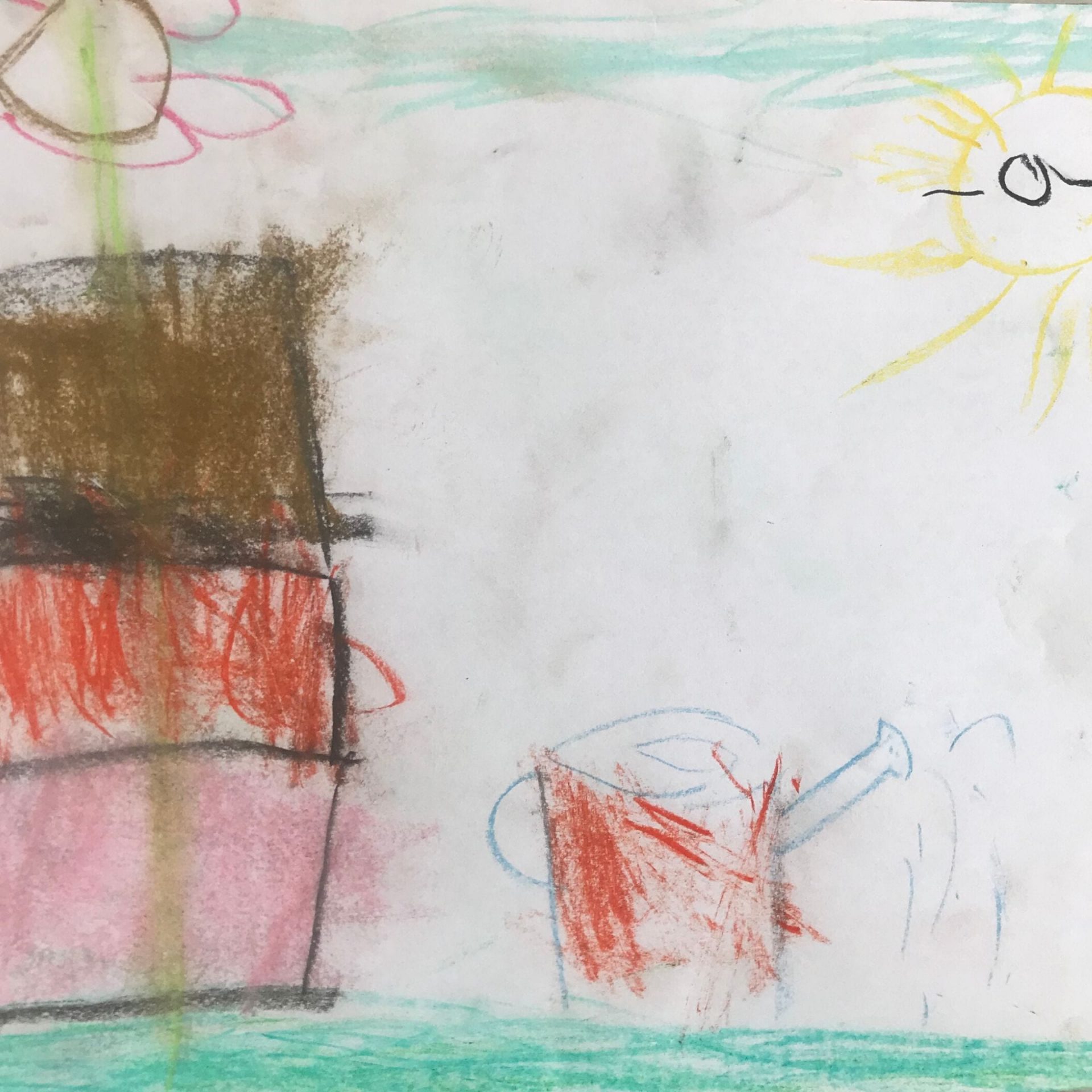

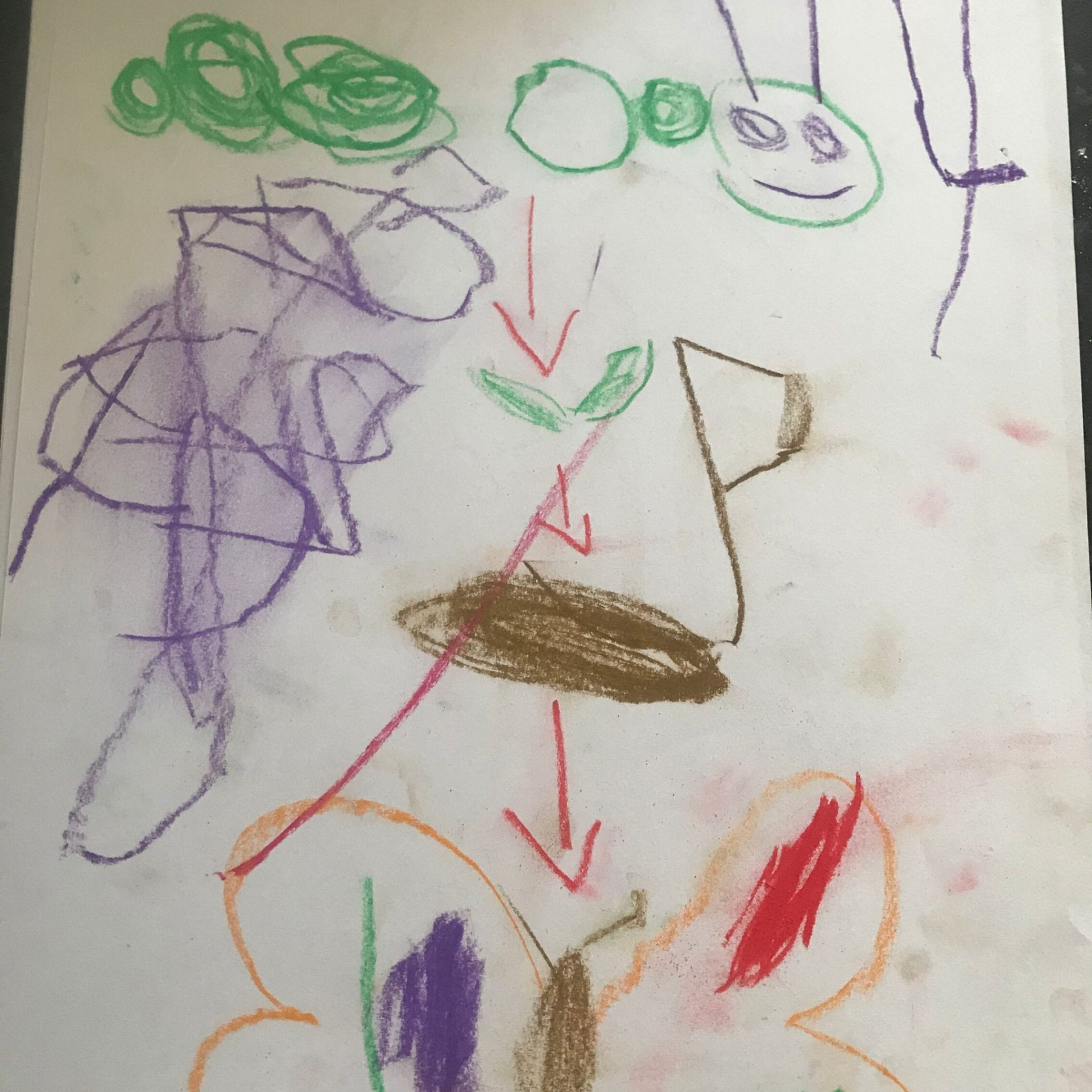
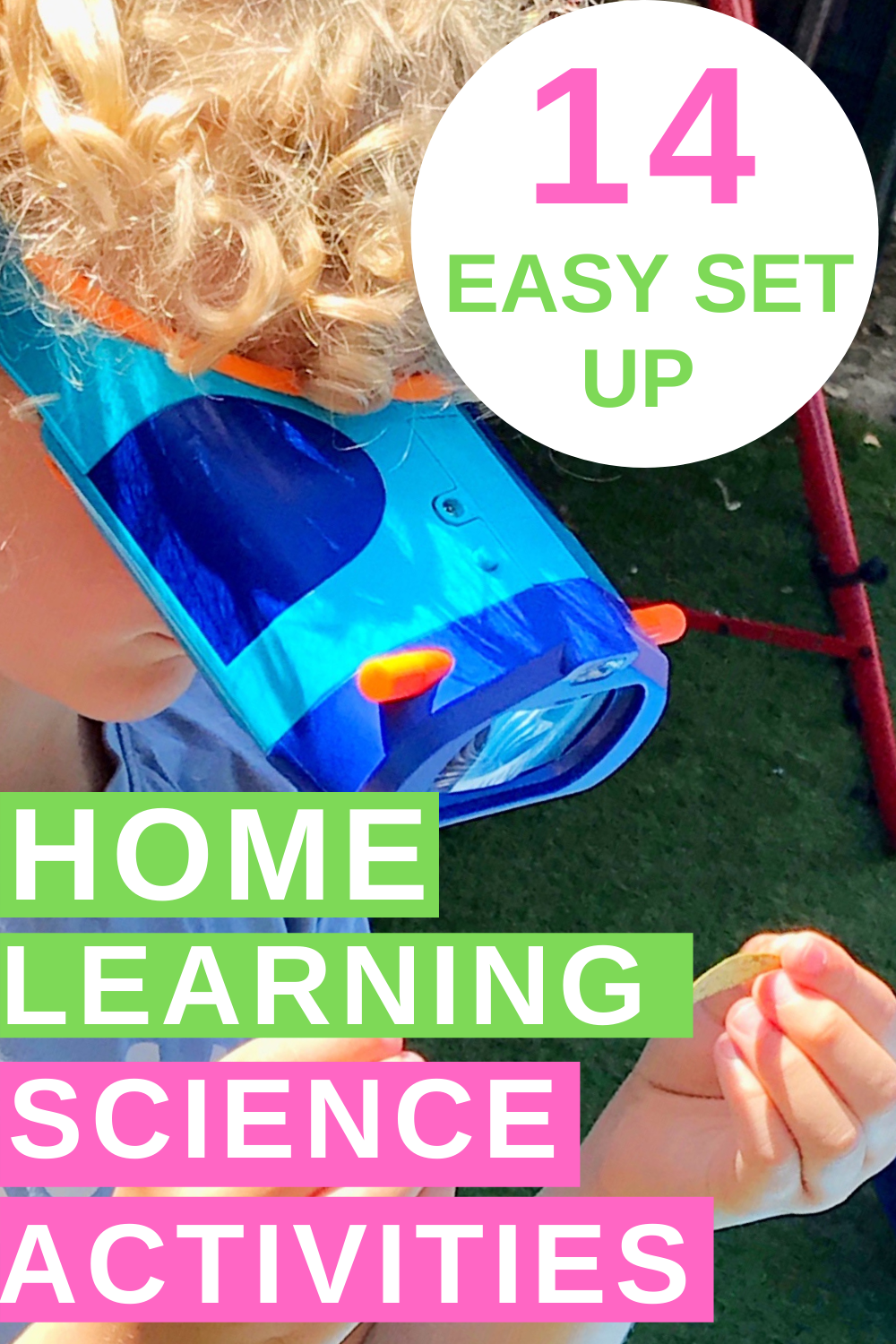
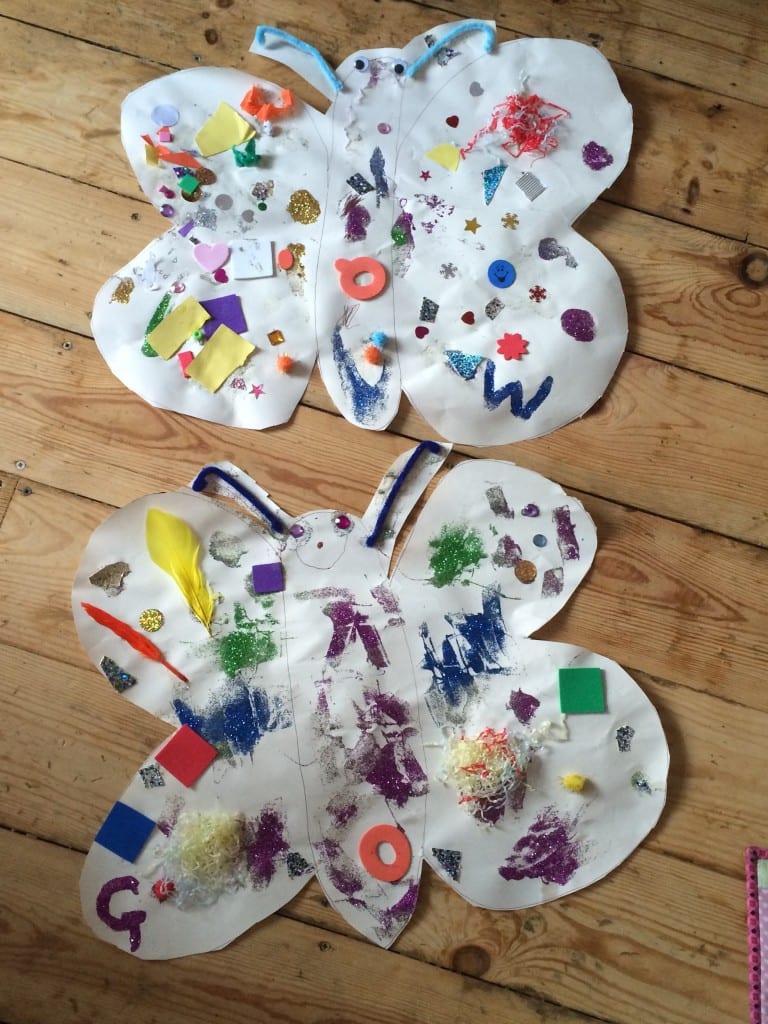
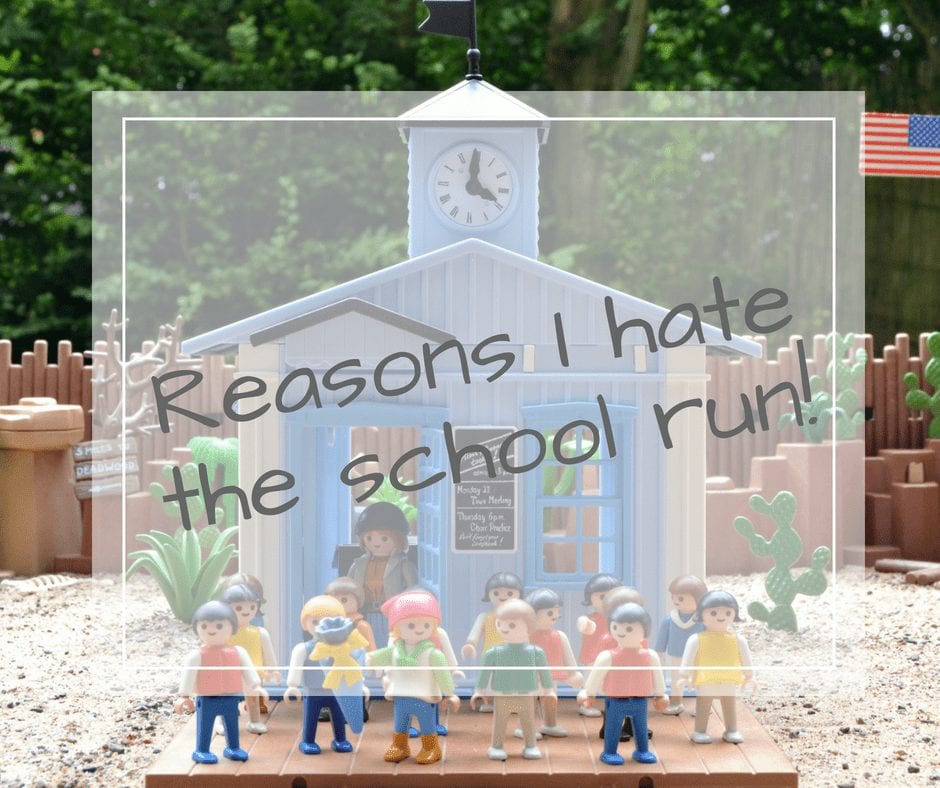
Pingback: Dream Team Linky Week 211 - Navigating Baby
These are great tools to get kids engaged — and will give them a head start on using the more complicated equipment used by older students.
Great ideas – we always loved the make a volcano – then you have the paper mache and painting craft side and then the vinegar and bicarb chemistry side…. #Dreamteam
oh I forgot that one and my son just did it with my husband as well. He did love it! #DreamTeamLinky
This looks brilliant! I look forward to doing more of this sort of stuff with my daughter when she is a bit older. I definitely enjoyed doing some science experiments when at school – mainly the stuff that went bang, ha! #DreamTeamLinky
My boys love science and doing experiments. They too have a microscope and enjoy looking at different rypes of things under the microscope. X #dreamteam
Kids love science when you make it fun like this. Some great ideas #DreamTeam
Fab ideas 🙂 We love our Learning Resources microscope 🙂 x #dreamteam
What a great idea to have a home schooling topic week, my kids would love these ideas. And like you said we can be inclusive with kids of different ages by adapting the language we use, fabulous x x #DREAMTEAM
It has worked really well and has helped to keep us all motivated #DreamTeamLinky
Great ideas for science at home. It’s surprising how much you can find in the back garden or local park. Yours look like they have been having a great time. We have one of those child friendly microscopes! It’s so easy to use isn’t it. #DreamTeamLinky xx
Don’t be fooled by the photos there has also been plenty of moaning about how mean I am as I make them do school work lol!#DreamTeamLinky
What awesome gifts! And how cool that the telescope let them see so much detail? I’m sure it made homeschooling more fun that week. #DreamTeam
It really did! The telescope is seriously awesome
I usually avoid science activities as they often need lots of resources but most of these look manageable! #dreamteamlinky
The oldest has been at my mum & dad’s doing science experiments this week – including a static experiment involving a balloon & running water! #DreamTeamLinky